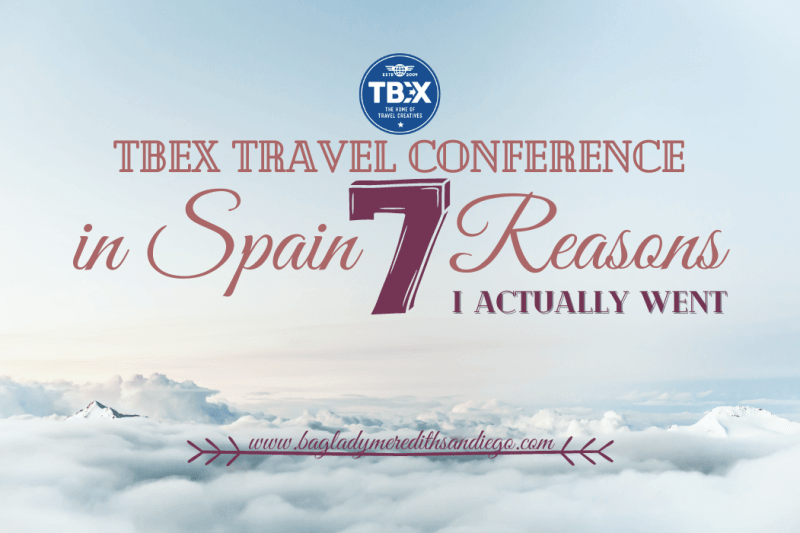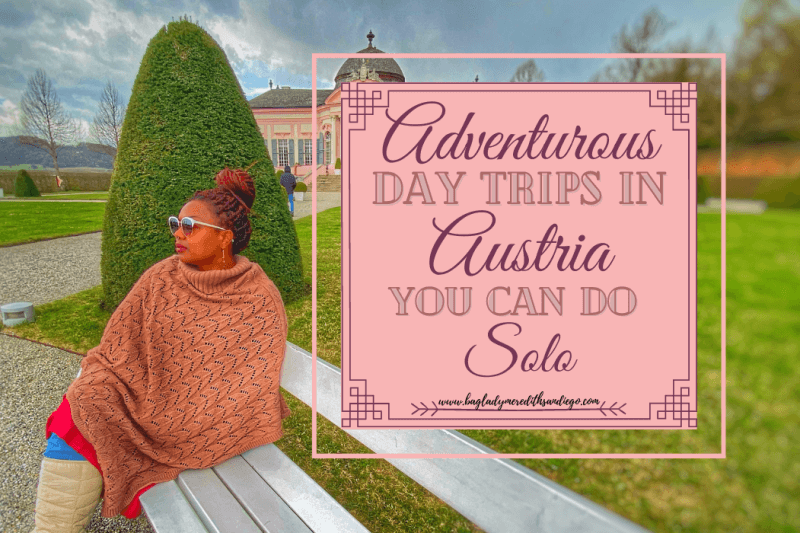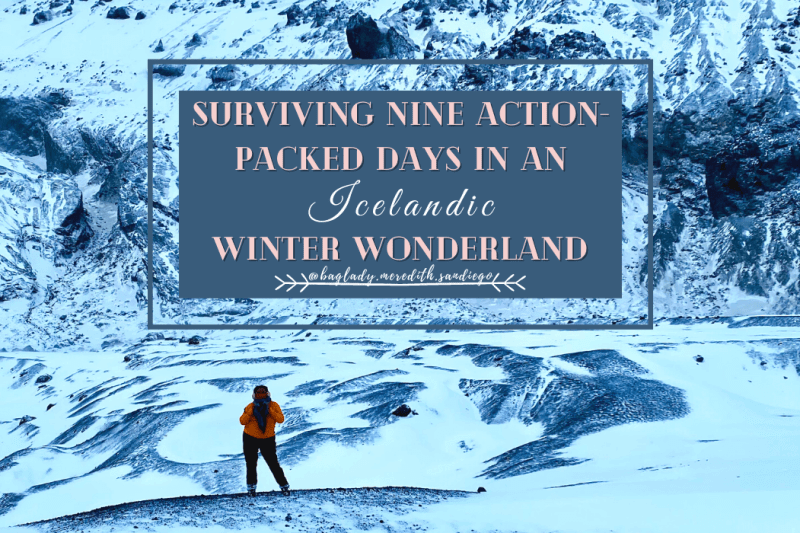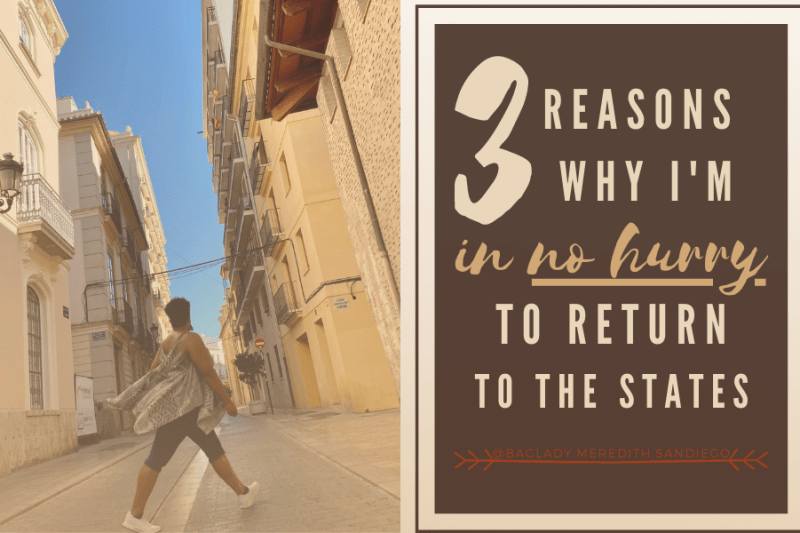
The Thing I Hated Most About Solo Traveling in Tenerife
Want to know what I hated most about solo traveling in Tenerife? Read this recap of my experience on the island as a solo female traveler.

Want to know what I hated most about solo traveling in Tenerife? Read this recap of my experience on the island as a solo female traveler.

Ever heard of the TBEX travel creatives conference? Before winning a ticket from the BTA, neither had I! Discover the 7 reasons why I decided to attend the TBEX travel conference in Spain this year from a travel content creators perspective.

Want to discover the adventurous day trips in Austria you can do solo and without the need of a prearranged day tour?

I spent 4 days as a solo female traveling in Madeira without a car. Want to know where I went, how I got there, and how unforgettably adventure-full it was?

Find out 5 easily applicable sustainable traveling methods to adopt and more sustainable traveling tips from your favorite Bag Lady.

Learn the backstory of 12 solo female adventurers poised to help sustain your wanderlust in 2022. Why? Because Adventure!

Recapping my experiences of globetrotting and living abroad, but mostly of how traveling enlightened, empowered & taught me Black Pride.

Feeling apprehensive about your upcoming Icelandic adventure? Read over these useful travel and planning tips before you go!

I know what you’re thinking? Why on earth would someone who openly claims to despise the cold decide to travel to the Land of Fire

Meredith welcomes the next decade of life in a challenging destination making her just 2 passport stamps shy of 60. This is me at 40.

The gifting of humanitarian-based items isn’t just for the Holidays, but it’s a great time of year to start practicing. Especially when the majority of these presents require minimal to zero wrapping for presentation. My genuine kudos goes out to those that repurpose/reuse plastic-lined wrapping paper or substitute it entirely with newspaper. These accolades extend to those leaning on natural decorating themes or those who elect to plant a tree vs cutting one down for show.
But for those of you out there that require a little extra direction, allow me to be of service.

Breaking down the facts that aren’t typically discussed in conversation when deciding to become an Auxiliar in Spain.

Meredith San Diego enlightens you about voluntourism and why it actually serves to be an ideal method of travel for solo females.

Global vaccinations abound as the World tiptoes toward Summer and the inevitable return of tourism. Travel addicts everywhere are in anticipation of the thaw and

When are you moving home? Can I expect to see you next year sometime? Here are 3 reasons why I’m in no hurry to return to the States.

First time solo travelers, welcome!
Solo travel at 30+ hits different—in the best way. You’re wiser, more confident, and know what you want. Now it’s time to get out there and take up space.
Get your free copy of A Wayfarer’s Mobile Application Checklist!
101 mobile apps for travelers, from flights and accommodation to tours and sustainable travel.
You’re out here chasing stamps, not stress. Let me hook you up with solo-friendly stays that won’t wreck your wallet—because discovering the world shouldn’t mean sacrificing comfort or safety.
Book bold, sleep easy.
You didn’t leave your 9-to-5 just to get hit with a $9,000 hospital bill abroad. Snag coverage that’s got your back wherever you land—no nonsense, no fine print, just freedom and peace of mind.
Travel smart, not scared.
Bag Lady Meredith San Diego is always on the move! Completing her 57th country in 2022, where can you spot Meredith San Diego adventuring in 2025? Stay tuned to find out just where in the world is Meredith San Diego!
Copyright © 2025 Bag Lady Meredith San Diego | All Rights Reserved | Privacy Policy | Terms

Get your free copy of A Wayfarer’s Mobile Application Checklist!
101 mobile apps for travelers, from flights and accommodation to tours and sustainable travel.
This free guide covers all the apps you will need to make your solo travel easy!
Please check your email to get your free checklist!
By entering your details you will be added to my mailing list. You can unsubscribe anytime.

Bag Lady Meredith San Diego is always on the move! Completing her 57th country in 2022, where can you spot Meredith San Diego adventuring in 2025? Stay tuned to find out just where in the world is Meredith San Diego!
Please check your email and confirm your subscription.